The decathlon stands as the ultimate test of versatility in track and field, a grueling two-day competition that pushes athletes to their physical and mental limits. Unlike specialized events that focus on a single discipline, the decathlon demands proficiency across ten diverse events, rewarding those who embody the true spirit of an all-around athlete. From explosive sprints to endurance-based races, from technical field events to sheer displays of strength, the decathlon is a microcosm of athleticism itself.
The origins of the decathlon trace back to ancient Greece, where the pentathlon was a cornerstone of the Olympic Games. However, the modern decathlon as we know it emerged in the early 20th century, with the first official decathlon held at the 1912 Stockholm Olympics. The event was designed to crown the world's greatest athlete, and the title still carries immense prestige today. The decathlon's scoring system, which assigns points based on performance in each event, ensures that excellence in one discipline can compensate for relative weaknesses in others.
Day one of the competition typically begins with the 100-meter dash, a explosive start that sets the tone for what follows. Athletes then move to the long jump, where technique and power must combine for maximum distance. The shot put tests raw strength, while the high jump demands a unique blend of flexibility, timing, and athleticism. The day concludes with the 400-meter run, a punishing race that leaves competitors exhausted yet aware that half the challenge still lies ahead.
The second day opens with the 110-meter hurdles, perhaps the most technically demanding event in the entire competition. The discus throw follows, requiring precise rotational mechanics and core strength. The pole vault, often considered the decathlon's signature event, combines gymnastics-like skill with fearless commitment. The javelin throw tests another dimension of athletic ability before the competition culminates in the grueling 1500-meter run, where exhausted athletes must dig deep for every last point.
What makes the decathlon truly special is not just the physical challenge but the mental fortitude it requires. Athletes must maintain focus across two days of intense competition, adapting to different events with minimal recovery time. The strategic element is crucial - knowing when to conserve energy and when to push for maximum performance. Unlike single-event specialists who can pour everything into one effort, decathletes must constantly manage their physical and emotional resources.
The training regimen of a decathlete is among the most demanding in all of sports. While specializing in one or two events might seem easier, the decathlete must develop competence across ten. Training sessions often focus on multiple events in a single day, with careful periodization to ensure peak performance at competition time. Injury prevention becomes paramount, as the varied stresses of different events take their toll on the body. Nutrition and recovery assume heightened importance given the constant physical demands.
Legendary decathletes like Daley Thompson, Ashton Eaton, and Roman Šebrle have achieved iconic status in the sport. Their world records and Olympic medals testify to years of dedicated training and competition. What sets these athletes apart is not just their physical gifts but their ability to perform under pressure across multiple disciplines. The decathlon community remains tight-knit, with competitors often forming bonds of mutual respect forged through shared suffering and triumph.
The scoring system of the decathlon is a complex but fair method of comparing performances across different events. Each event has its own scoring table where specific performances translate to points. The tables are designed so that outstanding performances in any event can contribute significantly to the total score. This system ensures that no single event dominates the competition, though certain events like the pole vault and 1500-meter run often prove decisive in close contests.
For spectators, the decathlon offers a unique viewing experience. Unlike shorter events decided in seconds, the decathlon unfolds like an athletic novel, with twists and turns across two days of competition. The lead can change multiple times as different specialists excel in their preferred events. The final event, the 1500-meter run, often provides dramatic finishes as athletes push beyond exhaustion to secure crucial points that might make the difference between medal positions.
The future of the decathlon faces both challenges and opportunities. As sports become increasingly specialized, finding athletes willing to commit to such a comprehensive challenge grows harder. Yet the decathlon's essence - the celebration of all-around athleticism - may become even more valuable in an era of specialization. Innovations in training methods and sports science continue to push the boundaries of what's possible in the event, suggesting that the world record will keep improving.
At its core, the decathlon represents more than just a sporting competition. It embodies the human capacity for adaptation, perseverance, and excellence across diverse challenges. In a world that often values narrow expertise, the decathlon stands as a testament to the beauty of versatility. The title of "world's greatest athlete" may be subjective, but those who earn it through the decathlon have certainly proven their worth across the broadest possible spectrum of physical ability.

By Rebecca Stewart/May 8, 2025
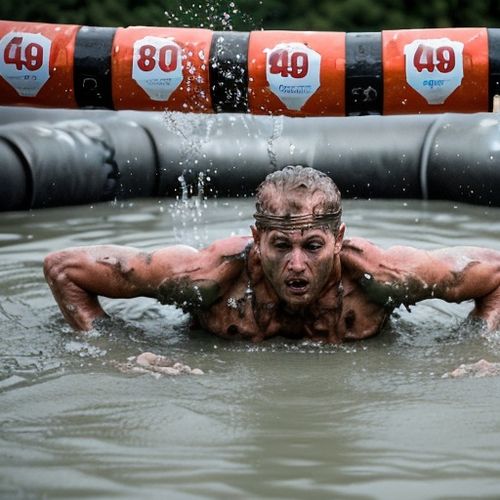
By Rebecca Stewart/May 8, 2025
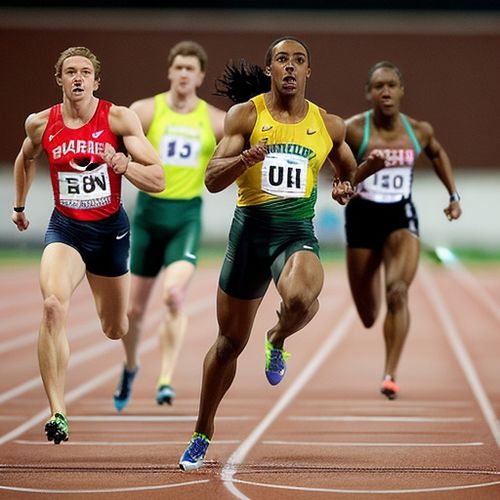
By Joshua Howard/May 8, 2025
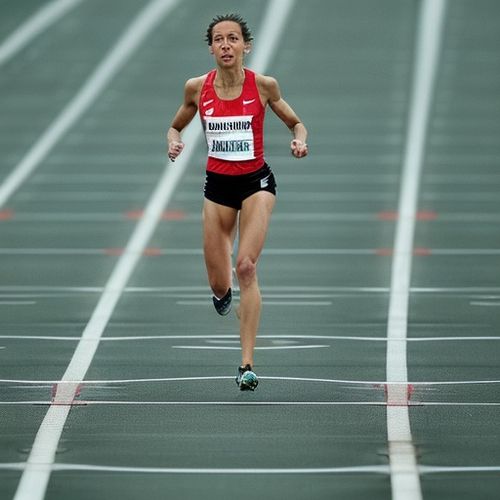
By Lily Simpson/May 8, 2025
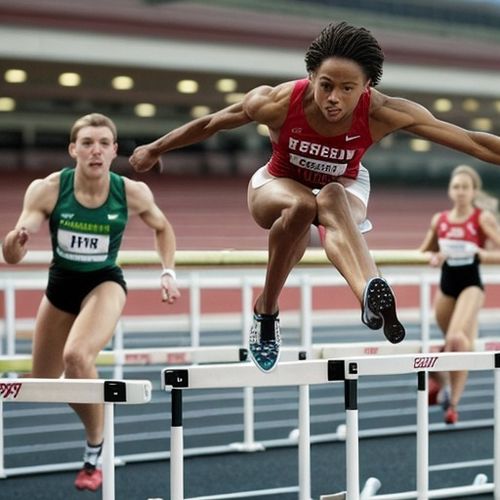
By Victoria Gonzalez/May 8, 2025
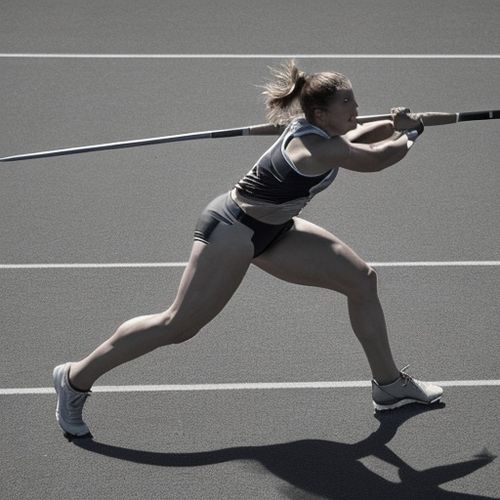
By Christopher Harris/May 8, 2025
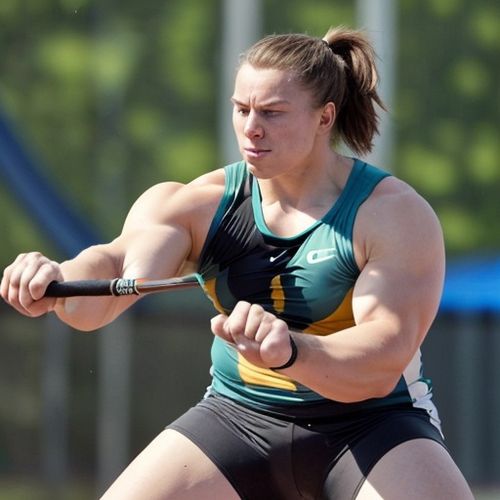
By Ryan Martin/May 8, 2025

By Megan Clark/May 8, 2025
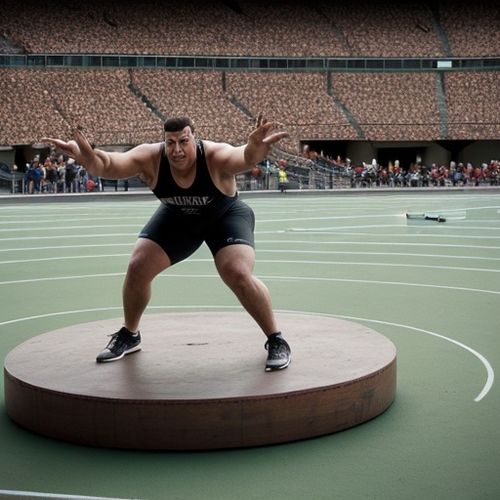
By Samuel Cooper/May 8, 2025

By Noah Bell/May 8, 2025
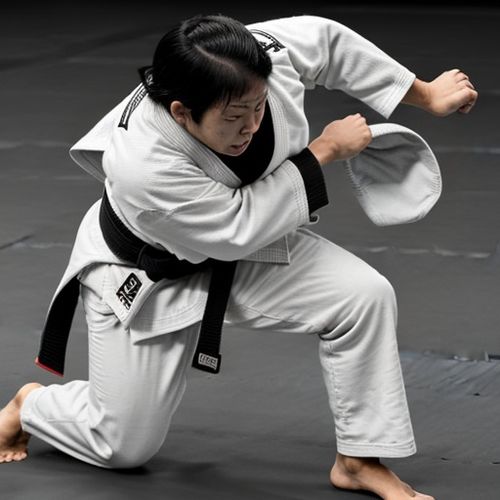
By David Anderson/May 8, 2025

By Megan Clark/May 8, 2025
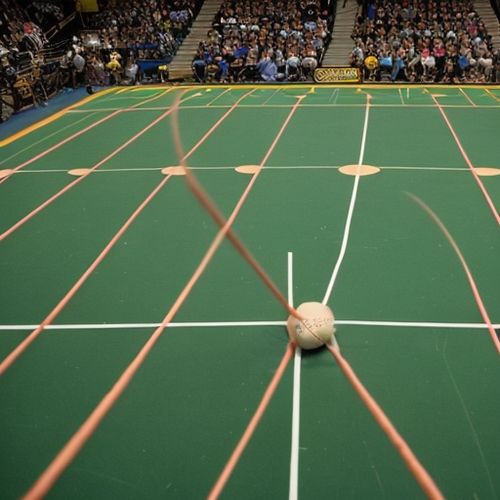
By William Miller/May 8, 2025

By William Miller/May 8, 2025

By Emily Johnson/May 8, 2025
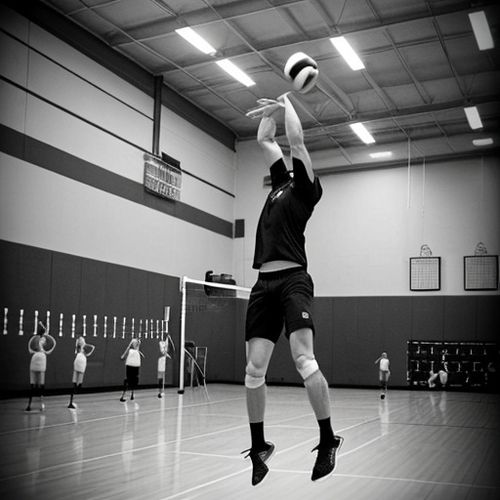
By Ryan Martin/May 8, 2025
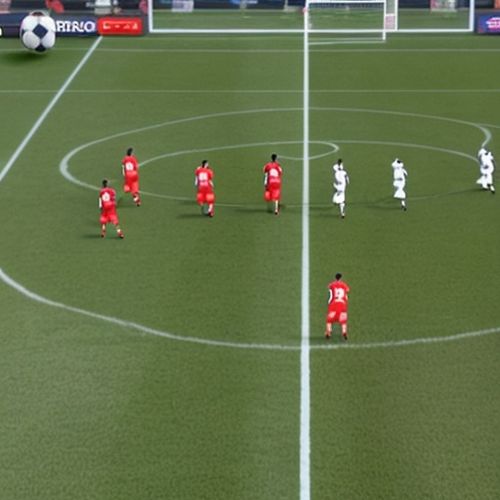
By Laura Wilson/May 8, 2025
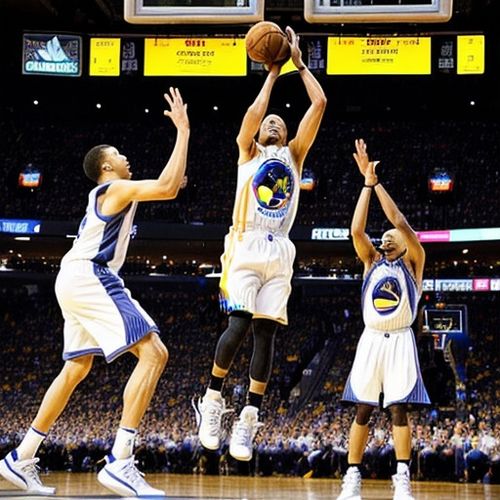
By Eric Ward/May 8, 2025

By Joshua Howard/May 8, 2025

By Natalie Campbell/Apr 9, 2025